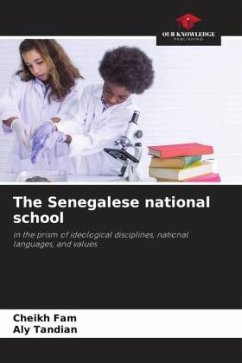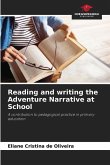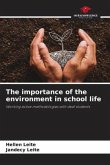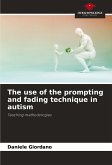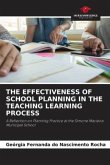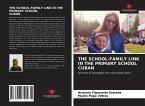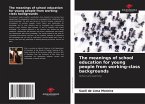This paper reflects on issues that, more than half a century after political independence, polarize the taxpaying community about the national character of schooling in Senegal. Despite numerous reforms - including the Curriculum de l'Éducation de Base (CEB) - to move the legislative framework toward ownership of the school, the sense of a borrowed, if not alien, school institution is evident. The way the school operates and its official language, the attempts to introduce national languages and the teaching of religion are, along with the marginalization of historical figures in the school curriculum, the determining elements of an educational policy that divides the school model. Through historiography coupled with field observations and in-depth interviews, this contribution offers an analysis of the shortcomings that prevent teaching nationally.
Bitte wählen Sie Ihr Anliegen aus.
Rechnungen
Retourenschein anfordern
Bestellstatus
Storno

